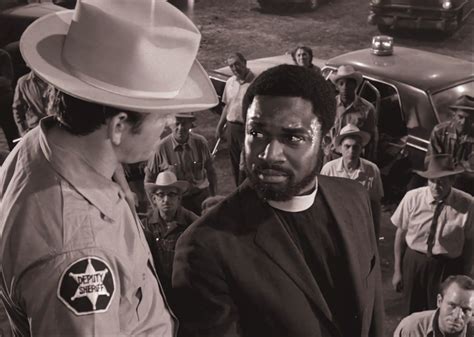
SAN FRANCISCO – Ivan Dixon, most known for his role as Kinchloe in Hogan’s Heroes, is one of the few Black lead actors in the Twilight Zone. In episode 146 in March 1964, he plays a minister about to be executed after being wrongfully accused of killing a bigot.
The opening narration includes: “Logic and natural laws dictate that at this hour there should be daylight. It is a simple rule of physical science that the sun should rise at a certain moment and supersede the darkness.”
With Dixon being featured in a retrospective at UCLA beginning Friday, his plot is analagous to the Twilight Zone facing the 5.6 million employees of Black-owned firms.
Ninety percent of the states continue to target this Constitutionally-protected class to increase their revenues and create more jobs, based on the strict scrutiny standards established by the U.S. Supreme Court in 1978.
Those are the findings of ReUNION: State of Black Business 22d edition by John William Templeton, founder of the 21st Journal of Black Innovation National Black Business Month.
The Black Business Affinity Index, a 10-factor rating system used since 2004, was condensed to two factors: ability to withstand a strictly scrutiny challenge and active steps to achieve Our10Plan: the African-American economic strategy.
“Here’s the Twilight Zone,” says Templeton, former editor of the San Jose Business Journal and editor of blackmoney.com for the past 30 years. “Texas just reported that its historically underutilized business program recorded $434 million to Black businesses, an effort that’s been in Chapter 2161 of the Texas statutes for decades.”
“The 4 million African-American businesses and their 1.6 million employees should not panic,” says Templeton. “The long held gains like the Mississippi Minority Business Act or Article 21, Section 11-35-5010 of the Code of Laws of South Carolina, 1981 came through full-time attention to legislation, the hard work of Legislative Black Caucuses and big Black voter turnouts.”
The South Carolina provision, passed three years after Bakke, begins: “The South Carolina General Assembly declares that business firms owned and operated by minority persons have been historically restricted from full participation in our free enterprise system to a degree disproportionate to other businesses. The General Assembly believes that it is in the state’s best interest to assist minority-owned businesses to develop fully as a part of the state’s policies and programs which are designed to promote balanced economic and community growth throughout the State. The General Assembly, therefore, wishes to ensure that those businesses owned and operated by minorities are afforded the opportunity to fully participate in the overall procurement process of the State. The General Assembly, therefore, takes this leadership role in setting procedures that will result in awarding contracts and subcontracts to minority business firms in order to enhance minority capital ownership, overall state economic development and reduce dependency on the part of minorities. “
The wholesale sacking of federal staff that administer similar Congressional will does not appear to have reached the states yet. Templeton has just four states (Florida, Louisiana, Mississippi and Arkansas) in the penalty box category for actively working against Black businesses.
Advocacy is necessary to insure that as many states as possible join litigation to protect this legislation.
To order ReUNION: State of Black Business, 22d edition, visit blackmoney.com/reunion25
